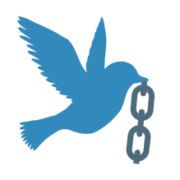 survivors
survivors
INFORMATION TO EMPOWER YOU
 survivors
survivors
INFORMATION TO EMPOWER YOU
If you are a survivor, we hope this website will provide you with information that will empower you in understanding and responding to the physical, emotional, and spiritual impact of child abuse and neglect.
We are also willing to assist by answering any spiritual questions you may have or to help you find a professional who can help.
If you have any questions, please contact us.
Call 911 if you or someone you know is in crisis and needs immediate assistance.
Additional resources include:
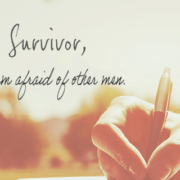
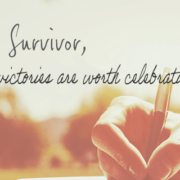
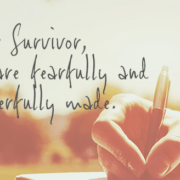
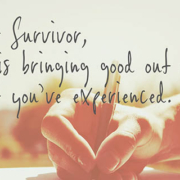


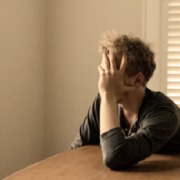



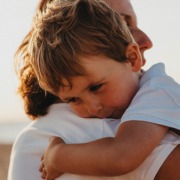

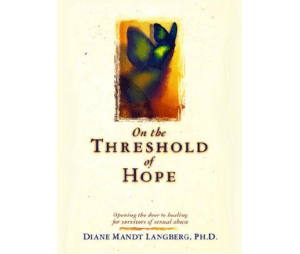

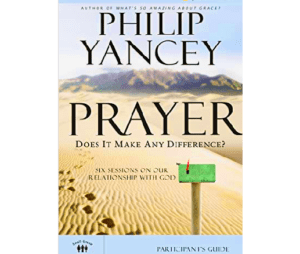

Children are abused or neglected in many ways. A child may be beaten. A child may be touched sexually or forced to touch sexually another person. A parent or other caretaker may emotionally abuse a child by telling them they are of no value or should have never been born. A child is also maltreated when a parent fails to feed or clothe a child or denies essential medical care. Children are also maltreated when they witness violence between their parents. Although child abuse laws differ from state to state, our website includes a summary of standard definitions developed by the World Health Organization and International Society on Child Abuse and Neglect.
Every ten years, the United States Department of Health conducts a massive study to determine as much information as possible about child abuse in the United States. This research has consistently found that most children are abused or neglected by their biological parents or their non-biological parent or partner. Specifically, the researchers found that 100% of neglected children, 93% of emotionally abused children, 91% of physically abused children, and 60% of sexually abused children have been victimized by their biological or non-biological parents or partners. Others who may abuse children include those who have access to children through day cares, schools, churches and other youth serving organizations.
Most abused or neglected children are violated in multiple ways. Specifically, 66% of children abused in one way are abused in at least two ways and approximately 30% of abused children are maltreated in five or more categories (physical abuse, sexual abuse, emotional abuse, neglect, witnessing violence, etc.).
This is why it is important to pay attention to all possible forms of abuse and, when working with a survivor, to keep in mind the likelihood he or she has been abused in many ways. If you would like to read more about this research, we recommend the following articles:
Heather A. Turner, David Finkelhor, and Richard Omrod, Poly-Victimization in a National Sample of Children and Youth, 38(3) American Journal of Preventive Medicine 323 (2010); David Finkelhor, Richard K. Omrod, Heather A. Turner, Poly-victimization: A Neglected Component in Child Victimization,31 Journal of Child Abuse & Neglect 7 (2007).
In a series of studies of more than 450,000 patients, the Centers for Disease Control and Kaiser Permanente found that physical abuse, sexual abuse, emotional abuse, neglect and other forms of maltreatment are associated with higher risks of numerous medical and mental health conditions including cancer, heart disease, liver disease, depression, anxiety disorders, and sleep disorders. The researchers found that the greater number of categories of abuse a patient endured, the greater the potential impact on their health.
If you or someone you know has experienced child abuse, you may want to acquaint yourself with Adverse Childhood Experience (ACE) research and to discuss this with your doctor, counselor or other professionals.
According to 34 major studies involving more than 19,000 abused children, a significant number of children suffer “spiritual injuries.” This can happen when the abuser uses religion in the abuse of a child. For example, a parent may beat a child while telling his son or daughter that the beating was ordained by God. Spiritual injuries can also result because a child is confused by God’s response to the abuse.
For example, a child may have asked God to stop the abuse and is saddened or angry that God did not answer the prayer in the way the victim desired. Research has found that left unaddressed, spiritual injuries can also impair our physical and mental health.
Visit our FFTC counselors page for resources that may help in finding a counselor.
HAVOCA provides support, friendship, and advice for any adult whose life has been affected by childhood abuse. HAVOCA
An organization committed to preventing, healing, and eliminating all forms of sexual victimization of boys and men through support, treatment, research, education, advocacy, and activism. Male Survivor
RAINN is the nation’s largest anti-sexual violence organization. Resources include a national hotline (800.656.HOPE), resources, information, and education and training. RAINN
Informational brochures and counselor information to help Christians make informed choices as they choose a mental health provider when suffering from abuse or addiction.
Standing Up for Children: A Christian Response to Child Abuse and Neglect. All churches and schools need to be safe places where leaders actively work to prevent abuse. Freedom for the Captives (FFTC) offers online training videos taught by experts Mr. Victor Vieth, director of education and research at Zero Abuse Project and Prof. John Schuetze, a seminary professor and counselor. To learn more, check our training webpage. To request the training for yourself or your group, please complete our online learning registration form.